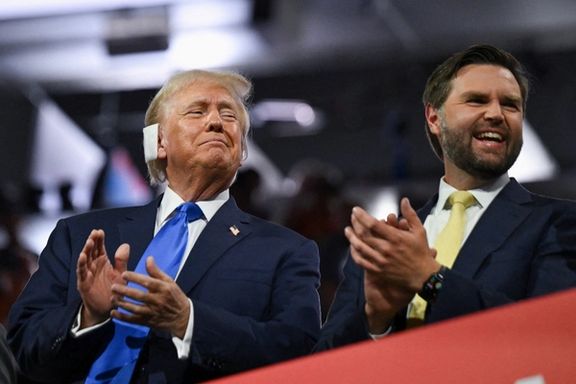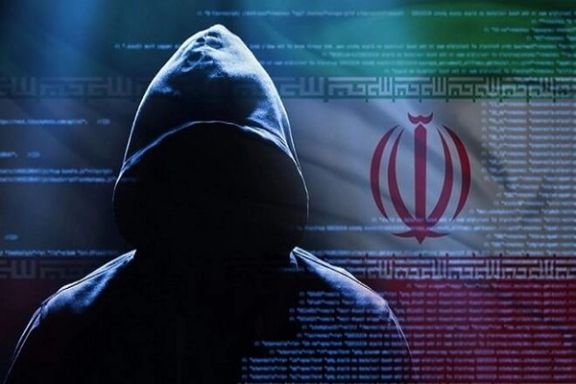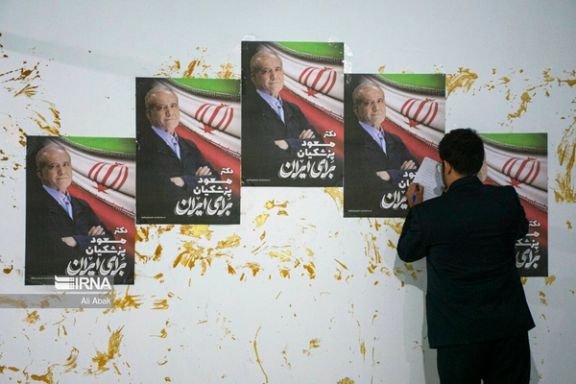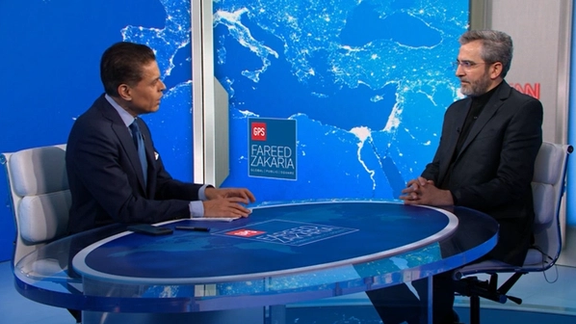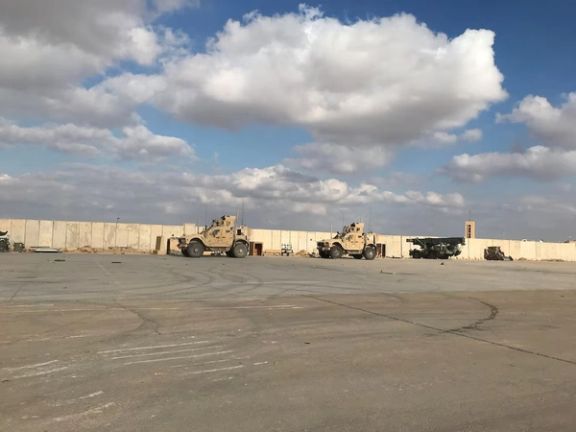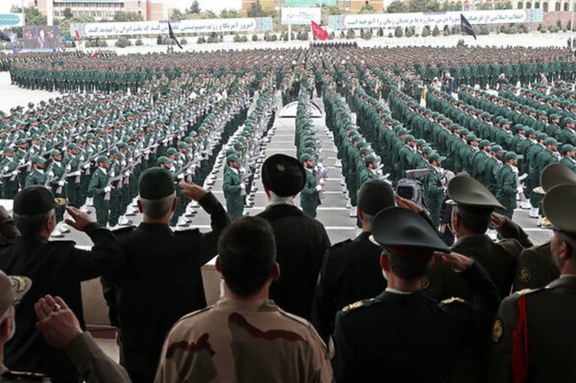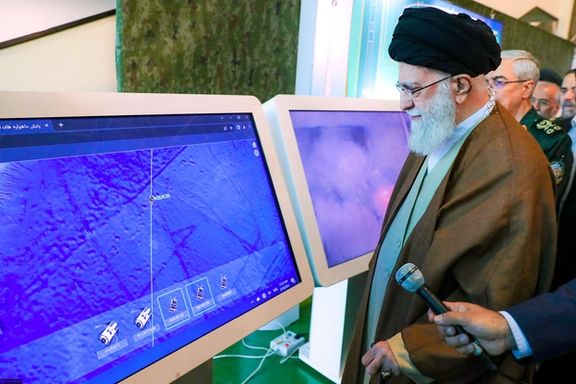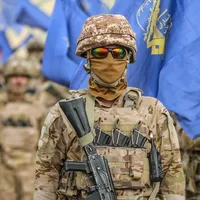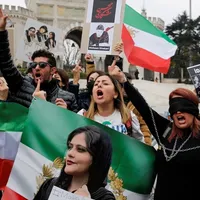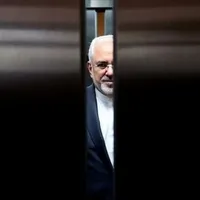Vance, who went from an Ohio Senator to Trump's running mate, has undergone a self-admitted significant shift—from a "never-Trumper" to a staunch ally. With their squabbles now seemingly behind them, Vance, by some called a "real Donald Trump junior," will serve as a perfect complement on the presidential ticket.
Given the current global landscape and their publicly stated positions, the reality of Russia, Iran, China, and North Korea forming a powerful bloc challenging the existing world order presents a serious challenge.
Will the Trump of 2016 reemerge in his next term, or will his approach adapt to the new set of today’s complexities?
Trump, who is widely believed to become the 47th president, will have to navigate a new reality: the ongoing war in Ukraine, China's growing influence, and conflicts in the Middle East.
While Trump became known for his “maximum pressure” policy on Iran and the assassination of the notorious Islamic Revolutionary Guard Corps Quds Force Commander Qasem Soleimani, it is unclear how he will approach Tehran during another term.
Vance has previously outlined his views on Iran on several occasions. Speaking before he was chosen as the VP candidate, Vance stated that he doesn’t see the use of force on the Iranian mainland as an option "right now."
He has criticized President Joe Biden’s handling of Iran and its proxy forces, advocating for a de-escalatory approach with Tehran - or strong retaliation in the event of any attacks on US interests. He has also critiqued the Obama-era Iran nuclear deal as a “disastrous” foreign policy decision, praising Trump’s move to withdraw from it as the best course of action.
Tehran, meanwhile, is relentlessly pursuing its destabilizing agenda in the Middle East. The Iranian state has also been implicated in assassination plots against opponents on American soil, including reported plots to kill Trump himself. Escalating its nuclear program, Tehran is violating international agreements and provoking global concern.
Tehran’s agenda, which is likely to persist under the country’s newly elected president, underscores the regime's determination to exert its influence and destabilize the region.
This not only heightens regional tensions but also pressures Trump to address a rapidly escalating geopolitical threat – that may require him to redefine his foreign policy strategy.
In a stark illustration of the wide array of national security threats posed by Iran, Russia, and China to the US, state-sponsored hackers from these nations have also targeted the country’s water utilities. These cyberattacks aimed to exploit vulnerabilities, creating strategic disruptions and sowing widespread panic.
Vance has also argued for more aid to Israel, stressing that Washington and the American taxpayers should not be funding both sides of the conflict, ensuring aid does not end up in Iran-backed Hamas' hands instead of the Palestinian people.
Arguing that Israelis and Sunni Muslims should manage their own region, Vance’s view of the world sees Europeans handling their region, and that Washington is then able to concentrate more on East Asia.
Yet, the challenges posed by Tehran have become increasingly complex for the US, as Iran has strengthened its position within the "axis of upheaval," also dubbed by some as the "Axis of Evil 2.0."
As a staunch ally to Russia in its war on Ukraine, Tehran has significantly bolstered Moscow's efforts by supplying destructive drones and other military aid. This support has been instrumental in Russia's continued aggression, further solidifying the strategic alliance between Tehran and Moscow.
Both Vance and Trump have expressed a strong desire for the war in Ukraine to end swiftly, hinting at a willingness to make concessions to Moscow. Vance's perceived indifference toward Ukraine's fate and Trump's interest in resetting relations with Russia raise alarm among European nations, who fear the message it sends to Putin.
If Trump and Vance push Ukraine to make peace with Putin through concessions, it could be seen as a victory by the members of the "axis of upheaval"—including Iran, encouraging it to continue its behavior.
This move might be perceived as a significant win by Russia and embolden China, which is already eyeing Taiwan, to take bolder actions.
Vance has also been forceful in arguing that aid to Ukraine should instead go to Taiwan, which has feared an invasion by Beijing for years. Trump recently argued that Taiwan should pay the US to defend it, likening the US to an insurance company and stating that Taiwan "doesn't give us anything."
In Vance's worldview, China is the paramount threat to the US, a position he made clear in one of his first interviews as Trump’s vice-presidential candidate. However, both Vance and Trump's approach to China appears to be largely trade-focused, with the possibility of high tariffs on imports potentially launching a more intense trade war between the nations.
In short, there are apparent contradictions in the Trump-Vance foreign policy, which seems to miss the point that Russia-China-Iran are one block when it comes to challenging US interests.
The threat of the "axis of upheaval" is not solely the US's problem. Recently, Lord Robertson, the former UK Labour defense secretary and ex-NATO chief, issued a stark warning that Britain's armed forces must be prepared to confront a "deadly quartet" consisting of China, Russia, Iran, and North Korea.
The major question remains: Can a Trump-Vance administration signal to Russia that its behavior is accepted while trying to contain China, which they have identified as the biggest threat?
Furthermore, can the US appear lenient toward Russia, one of Iran's biggest allies, while simultaneously deterring Tehran’s nefarious behavior?
Will their isolationist and seemingly incoherent approach, which involves withdrawing from certain conflicts, reinforce US power internationally or weaken it overall – and ultimately fail in making the US strong again on the global stage?
